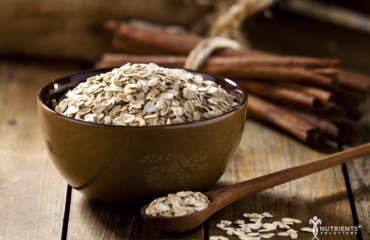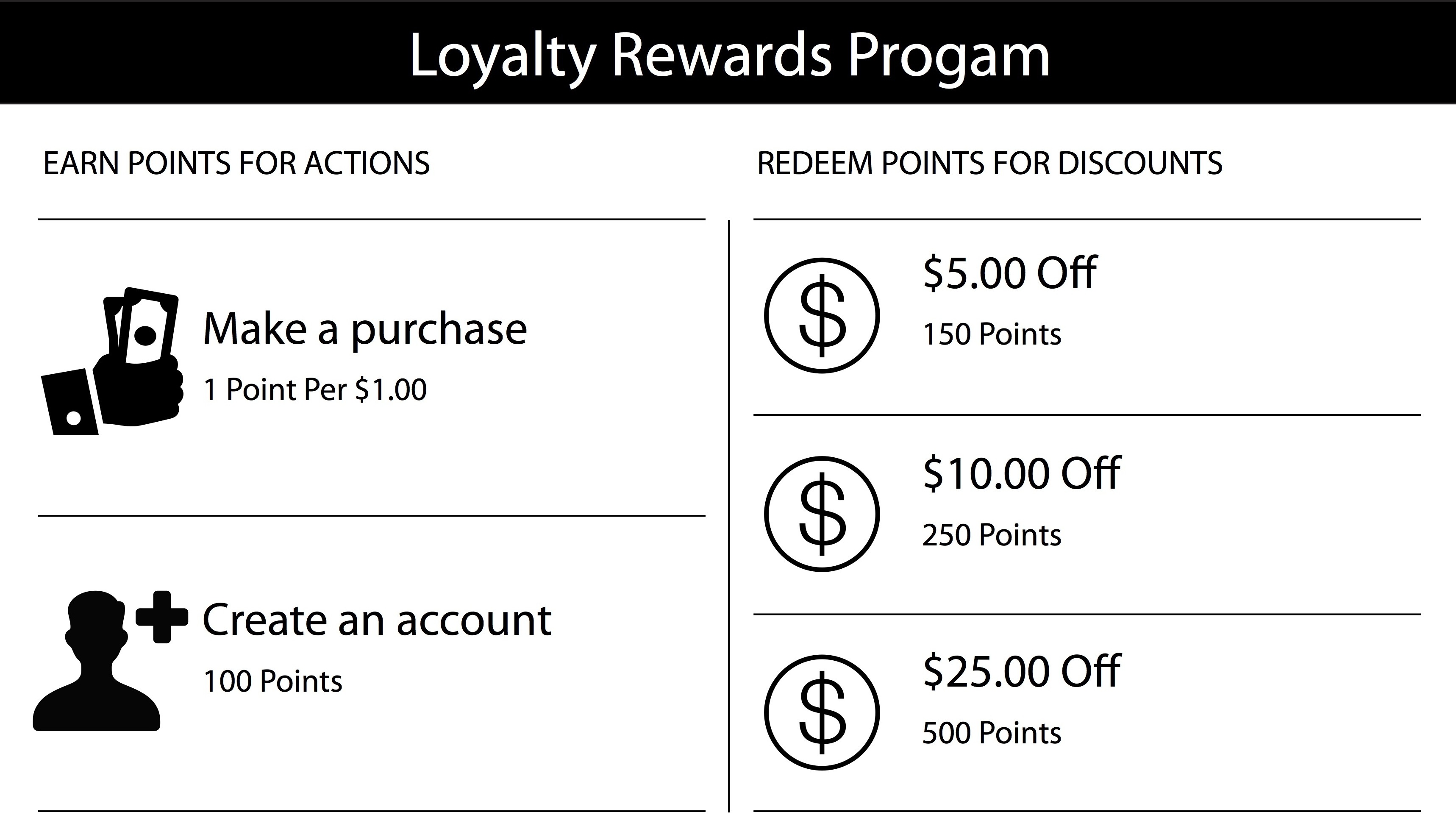Wellness Demystified: We Can Help You Discover Optimum Health
The 5 Most Effective All-Natural Ways to Reduce Anxiety

This article provides five proven all-natural methods for treating anxiety without medication. Anxiety is an incredibly common mental illness, but it can feel overwhelming and isolating to those who suffer from it. Many people seek ways to treat it without drugs to avoid the lengthy and often side effect-filled process of finding the one that works for them. This article includes short-term solutions that readers can try for free in their own home, as well as longer-term solutions for those who are comfortable seeking help from professionals but do not want to use medication.
If you live with anxiety, you understand that racing thoughts, nagging fear and tension in your chest and shoulders that never quite goes away is the reality you live with every single day. You may or may not have thought about trying medication for your anxiety. Many people choose not to because it can be a lengthy and expensive process of trying many different dosages and prescriptions before finding the one that works. Many others prefer to avoid medication because they worry about the way it makes them feel or the side effects it may have. Whatever the reason, many other people who suffer from anxiety are also seeking natural ways to control it–you’re not alone. Here are five of the best natural methods of dealing with your anxiety. Some may calm you down during a short-term panicky moment, and others are long-term approaches that help you learn coping skills and better understand your anxiety.
1. Yoga (and other forms of low-impact exercise)
It’s a well-known fact that all forms of exercise can improve your mental health because they cause the release of dopamine (a neurotransmitter that can reduce fatigue and increase motivation). However, strenuous exercise can sometimes backfire for those living with anxiety. Many sufferers have come to associate a pounding heartbeat with a “fight-or-flight” feeling of an oncoming panic attack, and even if they know the symptoms stem from the exercise they’re doing, they can still have adverse effects. Yoga and other low-impact exercises, like walking or beginner’s Pilates, can give people who live with anxiety the mood-boosting benefits of exercise while keeping them calm.
2. Replace Some of Your Caffeine Intake with Herbal Teas
As great as coffee is for waking up in the morning, too much can raise anxiety levels and increase symptoms like a rapid heartbeat, sweating, and shaking. Many coffee drinkers have even reported that high caffeine levels have triggered panic attacks. Employees or students who drink coffee to try to keep on top of things at work or school (two of the most common sources of stress) exacerbate this problem. Even so, it can be hard to stop drinking coffee when it’s become a habit.
One way to transition away from high caffeine consumption is to replace part of your daily coffee intake with herbal teas. Not only do you lower the risk that caffeine will increase your anxiety, but the natural properties in many herbal teas have been shown to reduce symptoms. The menthol in peppermint tea can relax muscles, and chamomile tea can improve sleep and lower cortisol levels. If you’re dependent on caffeine and this sounds like too big a step, try green tea. It contains caffeine, even though at lower levels than coffee, but it counterbalances the caffeine with polyphenol. This organic chemical not only combats stress and anxiety, but it also gives you a fix without the side effects.
3. Go For a Blood Test
Before you can treat your anxiety, it’s critical to figure out its cause. Many people believe all tension comes from negative thought patterns or chemical imbalances in the brain, but it can just as easily stem from nutritional deficiencies. Specifically, the B vitamins (B12 especially for vegetarians and vegans) have been shown to play a role in nervous system functioning, and low levels have been proven to have a relationship with anxiety. If you’d rather not take medication if you don’t need to, have a blood test performed to determine whether simple adjustments to your diet or nutritional supplements might resolve the issue. As a bonus, you’ll improve your physical health in addition to your mental health.
4. Track Your Moods
Sometimes, it’s hard to tell why you’re feeling anxious–you just are. Even with otherwise excellent coping skills, sufferers may fear they’ll never be able to conquer it. To deal with this, try tracking your moods with any notable things you did (or didn’t do!) that day and any guesses as to why you felt positively or negatively. Examples of things to track include exercise, diet, sleep, stress, alcohol consumption, time spent with friends and family, etc. Over time, you may start to see patterns and develop a sense of what factors seem to make the most significant difference in your mood. Once you’ve figured out that you are better able to handle higher levels of stress on days when you exercise, for example, or that poor sleep seems to make you more nervous than anything else, you can start to make changes that have a track record of helping you cope.
5. Therapy
If your anxiety is making it difficult for you to enjoy your daily life, try speaking to a therapist about it. Sometimes, just talking about your feelings to a trained, non-judgemental professional, can be all the help you need. Better yet, seek a therapist trained in cognitive and dialectical behavioral therapy–they can teach you coping skills that will help you deal with anxiety and panic attacks, giving you a renewed feeling of control. Keep in mind that you can decide how long you’d like to stay in therapy–going to an initial appointment doesn’t commit you to going forever. Your therapist is there to help you, and you should only continue treatment as long as it feels helpful to you.
If you’ve tried these tips (and maybe others) and still feel out of control, you may want to consider medication. With the knowledge that you’ve done your best to manage your condition, there is no shame in seeking another remedy.
The suggestions above have helped many people find and follow an appropriate course of treatment, and it’s likely one or more of them will work for you as well. The next time you’re feeling anxious, brew a cup of chamomile tea and go for a short walk around your neighborhood. You may be surprised how quickly your anxiety and worries begin to recede.
© 2019 Nutrients Solutions, LLC. All rights reserved. Disclaimer: The information provided is for educational purposes only and does not constitute medical advice. Always seek the advice of your physician or qualified healthcare provider with any questions or concerns about your health. Check with your doctor before beginning any exercise program. Never disregard or delay seeking medical advice because of something you have heard or read in this article or the internet.












